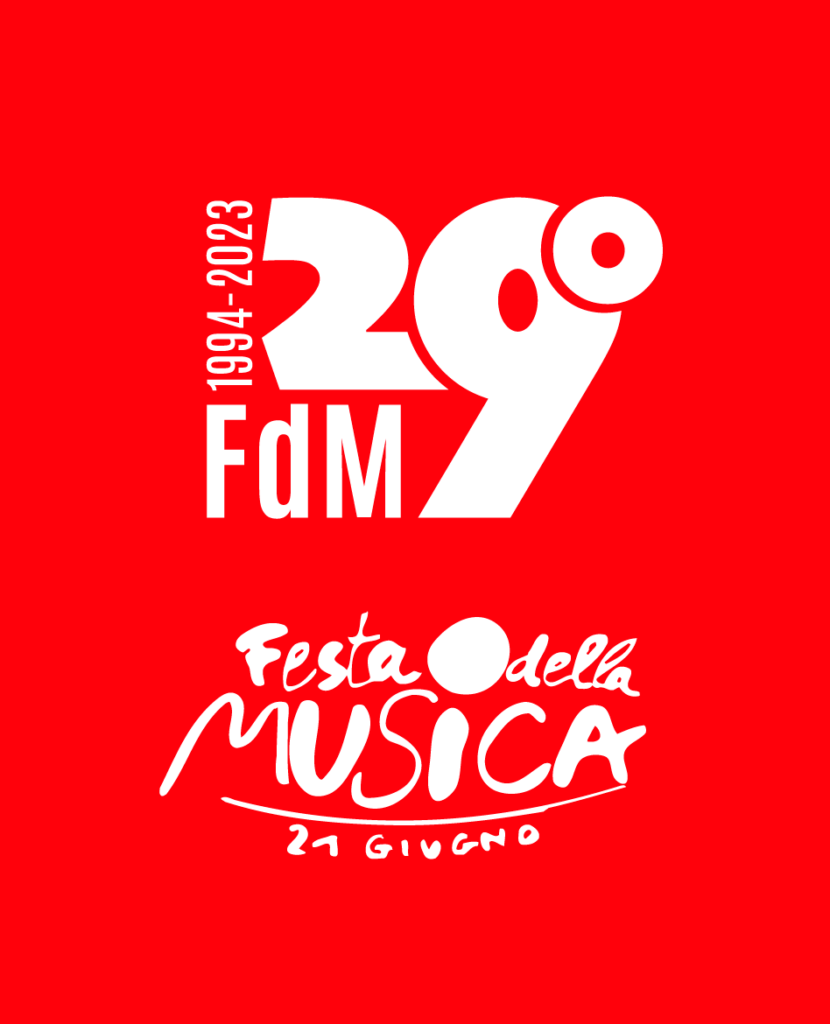OSVALDO PALLI
Meditazione
EDVARD GRIEG
Holberg Suite op. 40
PËTR IL’IČ ČAJKOVSKIJ
Serenade op. 48
Conductor
Davide Massiglia
Opera Carlo Felice Genova Orchestra

The concert is dedicated to the memory of Osvaldo Palli, violinist and composer, former concertmaster of the Opera Carlo Felice Genova
Meditazione is a musical piece for strings orchestra written by Osvaldo Palli in 1997. A single movement, Larghetto, whose character identifies perfectly with its title. The quite nostalgic and melancholic element of reflection is found in the obsessive repetition of the quadruplets – almost a lament – performed by the violins and then by the violas. The same duration of the musical piece (about three minutes) recalls the dimension of an elusive atmosphere, returning to the initial obsessive and melancholic dynamic after a brief, bright moment of hope (with a modulation of the structural tonality from A minor to A major), eventually vanishing.
It is well known that Edvard Grieg dedicated himself to the composition for piano, its favourite instrument. Also the 1884 Holberg Suite originates as a piece for piano, transcribed for strings orchestra by the composer only later. The title recalls the writer Ludvig Holberg (1684 – 1754), who had an extraordinary influence on the story of theatre, especially in Northern Europe. Grieg realizes his homage inspired by the Baroque style, which was familiar to the Norwegian playwright in its literary form. For such reasons, he picked the form of the Suite, with an initial prelude and four dances proper of the XVII-century tradition: a sarabande, a gavotte, an aria and a rigaudon. In particular, the aria draws on the general dancing atmosphere but in a more contemplative direction, recalling the style of Bach.
Almost contemporary to the Holberg Suite, the Serenade op. 48 was composed in 1880. The piece was conceived in a difficult moment of Čaikovskij’s life. The Serenade was dedicated to his friend, cellist and composer Kostantin Karlovic Albrecht and it was premiered in 1881 in San Pietroburgo. In such a moment of meaningful emotional turmoil, the composer researched a creative balance, folllowing almost academic principles of great stylistic rigour. All this appears evident in the choice of the serenade as musical genre, originating as a delighting and frivolous composition for mere performative, open-air and celebrating contexts. The Serenade op. 48 draws on Mozart’s style in the orchestral composition and it is formed by four movements. Besides the well-outlined internal harmonic structure, Čaikovskij weaves a reference system for themes, especially between the initial Pezzo in forma di Sonatina and the Finale, giving a circular sense to the composition. The voice of the same composer is perceived in the third movement, Elegia, presenting melancholic melodies and a predisposition for dance, expressed at best by the Waltz in the second movement.
Ludovica Gelpi

